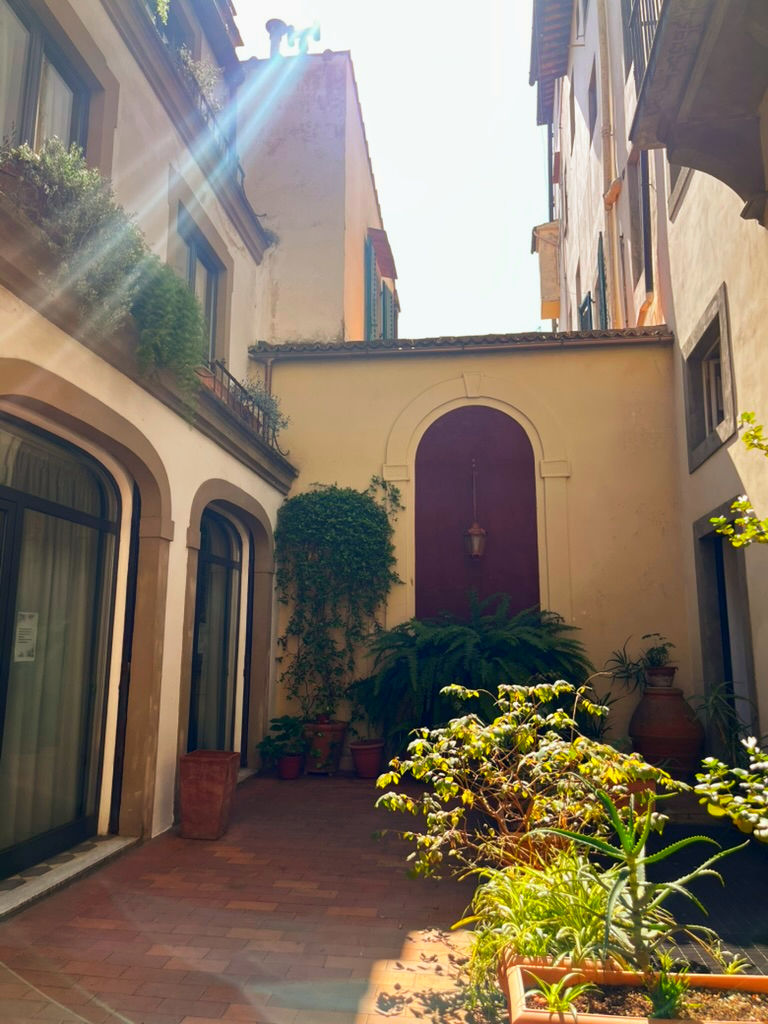Learning & Leisure: The Balancing Act
- Gracey Bryant
- Jul 17, 2025
- 3 min read
Most study abroad programs highlight the fun of taking classes in beautiful cities, making it seem like you'll have loads of free time to explore every corner. They show students going on weekend trips, shopping, indulging in delicious food, and living life to the fullest. What they don't mention is the workload that comes with a four-week program, especially the different academic requirements while in another country. But don't worry! I've got all the important stuff covered, so I can give you the real deal on how to handle the coursework, score good grades, and still make the most of your trip!

How is the coursework set up?
I have two classes, and each one has a three-hour lecture, with a three and a half hour break between them.
Outside of class, I need to read and take notes on 2-3 articles per class before the next day. These articles can be anywhere from 5 to 30 pages, so they take quite a bit of time to get through.
My professors also give out small homework assignments. Some are more involved than others. Typically, I have to find an image that represents the articles I've read and then explain why I picked it & how it connects to the readings.
What do exams and projects look like?
I believe LdM is required to incorporate specific types of assignments in its curriculum, which are as follows for my classes:
The first week features the first exam, an essay format. I was allowed to use notes and received a study guide. Thankfully, the professors mentioned they would grade leniently since we were just introduced to the concepts.
The second week is midterm week (I know it feels so soon!). This was another essay-format exam but was graded more strictly. I wasn't allowed to use notes but did receive a study guide.
The third week involves a oral group project assignment, which varies depending on the class. Professors provided a detailed breakdown of this assignment in the syllabus.
The fourth week is finals week! This takes the form of an oral presentation, which again varies depending on the class and is detailed in the syllabus.
Realistic tips for managing the work load!
Get yourself a planner!!!
Jot down any trips you've got lined up and all your assignment deadlines.
If you can, try to finish your readings the day BEFORE they're due in class. This way, you'll be ahead and ready for class (it'll be easier to get the hang of topics with some background knowledge!).
Avoid procrastinating!! There's just not enough time to delay things, especially if you're planning trips every weekend.
Make the most of your free afternoons.
If you have a morning class, head home afterward and dive into your homework or readings. Focus and get as much done as you can.
This way, your evenings are free, or you won't be stuck doing classwork late at night (our brains need rest to turn all that info into long-term memory!).
Feeling burnt out only a few weeks in?
My roommate and I were already feeling burnt out just two weeks in, it seemed like we couldn't catch a break! Here are a few things that helped us out:
Pick up a book that you find interesting or entertaining!
Step outside for a bit, grab some lunch or take a stroll.
Enjoy some sunshine!
Don't just snack all day; make sure to have proper meals.
Set a timer to remind you to take a break every hour while working.
Switching up your study spot for a change of scenery can really help!
Overall takeaways!
While it's wonderful to immerse yourself in the excitement of your new city, remember that balancing your school responsibilities is equally important. It might feel a bit more demanding than you initially expected, but rest assured, you are more than capable of managing it all! Your professors are here to support you and genuinely want to see you succeed. Don’t hesitate to reach out to them for help or clarification on any topics. They can be a great resource as you navigate your coursework. By staying ahead of your assignments and avoiding procrastination, you'll create space for those enjoyable evenings with friends, nights out at the club, or relaxing days at the lake. Remember, the small things really do matter. Completing your readings will give you a solid understanding of class concepts, helping you excel in your exams! Embrace this journey, and know that you have the strength and resources to thrive both academically and socially. You've got this!



Comments